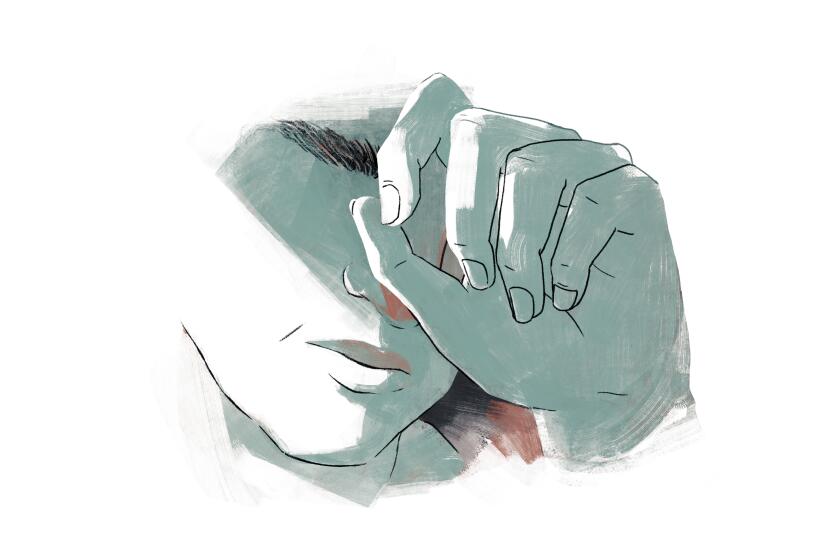‘Greek Spring’ appears to gather momentum
Egyptian flags flap in the wind and Spanish slogans echo as thousands who have not raised their voices in years, if ever, gather each day to vent their anger and contempt at the politicians they hold responsible for bringing their nation to its knees.
This isn’t Cairo, the hub of an upheaval that brought down an unpopular regime this year. Nor is it Madrid, the staging ground of protests launched by young, unemployed Spaniards.
“We are the cradle of democracy,” Nikos Chaniotis said at a recent gathering in Athens’ Syntagma Square. “We’re reclaiming our heritage, trying to redefine the spirit of a political system that our ancestors invented and which Greek politicians, have disgraced.”
“Their time is up,” he said, taking a deep drag on his cigarette, pointing to the parliament building overlooking the plaza. “All of these politicians have to go.”
How, and whether, that would happen remains unclear. But it’s the mood here that matters. In a country better known for violent protests by anarchists, the demonstrators count among their numbers stroller-pushing moms and restive retirees, letting loose unprecedented public anger at the country’s feckless political elite.
The protests come as Greece grapples with its worst financial crisis in decades and struggles to rid itself of old habits and corrupt practices. With the government preparing to enact a new round of severe budget cuts, the protest movement has gained powerful momentum, unnerving political parties, trade unions and social experts.
“It has evolved into the biggest threat facing the government,” said Dimitrios Mavros, director of the polling company MRB.
Since 1,500 protesters assembled May 25 at Syntagma Square, ever-growing swaths of aganaktismenoi, or the indignant, as they call themselves, have been flooding the plaza daily, venting their rage at the kleftes, or thieves, as they call the lawmakers. On June 5, more than 100,000 turned out, packing the square and surrounding streets.
Tents and tarpaulins housing as many as 400 aganaktismenoi, mainly unemployed youths, have taken over the square, turning it into an urban, kibbutz-like collective of the cyber age. Generators set up on the tree-lined grounds power laptops as teams of volunteers relay rally calls via social networking sites such as Twitter and Facebook and upload images and videos on YouTube and https://www.realdemocracy.gr.
In the background, faint echoes of antiglobalization rhetoric mix with messages scrawled on banners and signs that read “Hands off our country,” “Don’t pay,” “Traitors, Thieves, Cheats.”
“This is a dream come true,” said Kostas Stamatiou, 42, a bus driver. “Greeks are finally taking command of their destiny. It has been a spontaneous outburst, growing stronger and stronger by the day.”
But the lack of a clear-cut agenda beyond “throwing the bums out” may leave the movement with little staying power.
“They’ve found a name. They’ve tapped into a crowd. But they have yet to articulate a specific message,” Mavros said. “They may have to do so soon.”
A similar movement in Spain, the first social eruption in a debt-burdened Europe, has started to fizzle a month after it began.
In Greece, though, the protests are spreading fast, reaching more than 50 cities across the nation. What’s more, the spirit of the “Greek Spring” is triggering serious soul-searching.
“My mind is like an ocean of thoughts. I’m confused,” said Michalis Papazoglou, a construction worker in Corinth who drives about 60 miles to Athens every other day to join Syntagma’s brooding crowds. “On the one hand, we blame these politicians for creating a system of corruption, but on the other, we all thrived in it for years.”
“We were spoiled,” he whispered. “Maybe we’ve reached a point of maturity, now, insisting that this system be dismembered.”
Maybe. Papazoglou’s is but a minority view amid Syntagma’s rampant denial.
“Debt? What debt?” quipped Jorge Christou, a 41-year-old musician. “We don’t owe anything to anyone. They [the politicians] squandered European funds to serve their personal and political interests. We just went with the flow.”
Scores of posters strewn along the square portray Prime Minister George Papandreou as a clown under assault by warplanes of the European Union and International Monetary Fund. Outside the parliament, a two-story banner features his picture on a blue ribbon that reads, “Goldman Sachs Employee of the Year.”
“Making the change will not be easy,” said Nikos Branidis, 37, an unemployed mathematician. “We have been the passive victims of a corrupt style of governance for years now. That model is over. We have to start from scratch.”
Carassava is a special correspondent.
More to Read
Start your day right
Sign up for Essential California for news, features and recommendations from the L.A. Times and beyond in your inbox six days a week.
You may occasionally receive promotional content from the Los Angeles Times.






